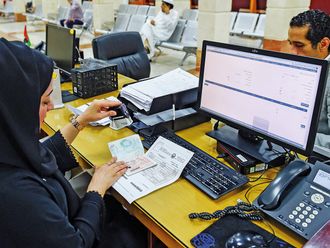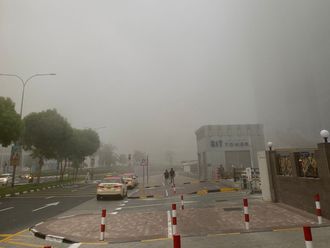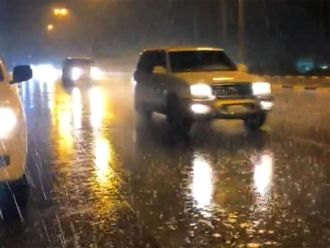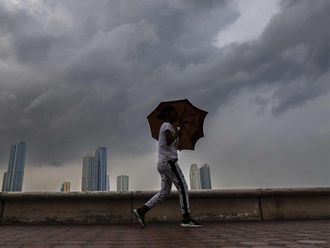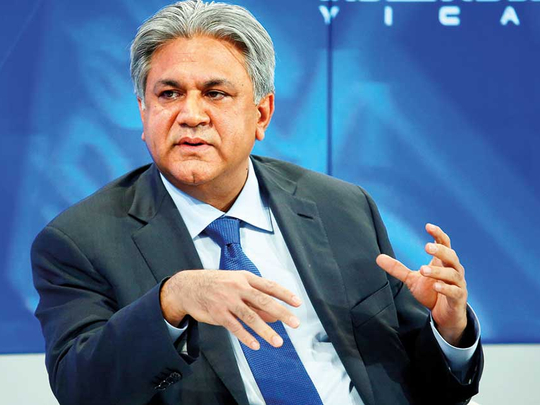
Dubai: A Sharjah court Thursday adjourned until July 5 on a judgment on the bad cheque case against Arif Naqvi, founder of private equity company Abraaj and a colleague, Mohammad Rafique Lakhani.
The public prosecutor's office in Sharjah issued arrest warrants earlier this month against Arif Naqvi and Lakhani.
While Naqvi is out of the country, the arrest warrant is expected to remain valid. Private equity industry sources and independent analysts said criminal proceedings against Naqvi in the UAE could seriously jeopardize company’s efforts to liquidate assets and pay lenders and investors.
According to sources the bounced cheque was used as partial security for approximately $300 million in loans from Hamid Jafar, the founder of the Sharjah-based Crescent Group to Abraaj and Naqvi. In the UAE, cheque bounce is treated as criminal offence.
Abraaj and its lawyers said they were surprised by the cheque bounce case and the subsequent arrest warrant. Naqvi is represented by Dr Habib Al Mulla, executive chairman at Baker McKenzie Habib Al Mulla, who argues that the cheques were provided as security for the loans.
However Al Jafar has denied that these were security cheques. Al Jafar is represented by Essam al Tamimi, Senior Partner al Tamimi & Co.
“Contrary to claims that have been reported, the cheques in question are not a guarantee but are part of documentation which confirms the accused’s liability to repay the debt on the due date of the cheques,” al Tamimi said in an emailed statement.
According to a statement from Al Tamimi, three cheques signed by Arif Naqvi totaling an amount of $ 300 million were presented to the Bank and subsequently dishonoured due to insufficient funds. These cheques stem from an emergency short-term loan made to Abraaj management six months ago without which Abraaj would likely have collapsed.
Al Jafars through their lawyers insist that the loan was a reflection of the trust placed in Arif Naqvi. “We are pursuing claims for the full sums owing under these cheques,” said Al Tamimi.






